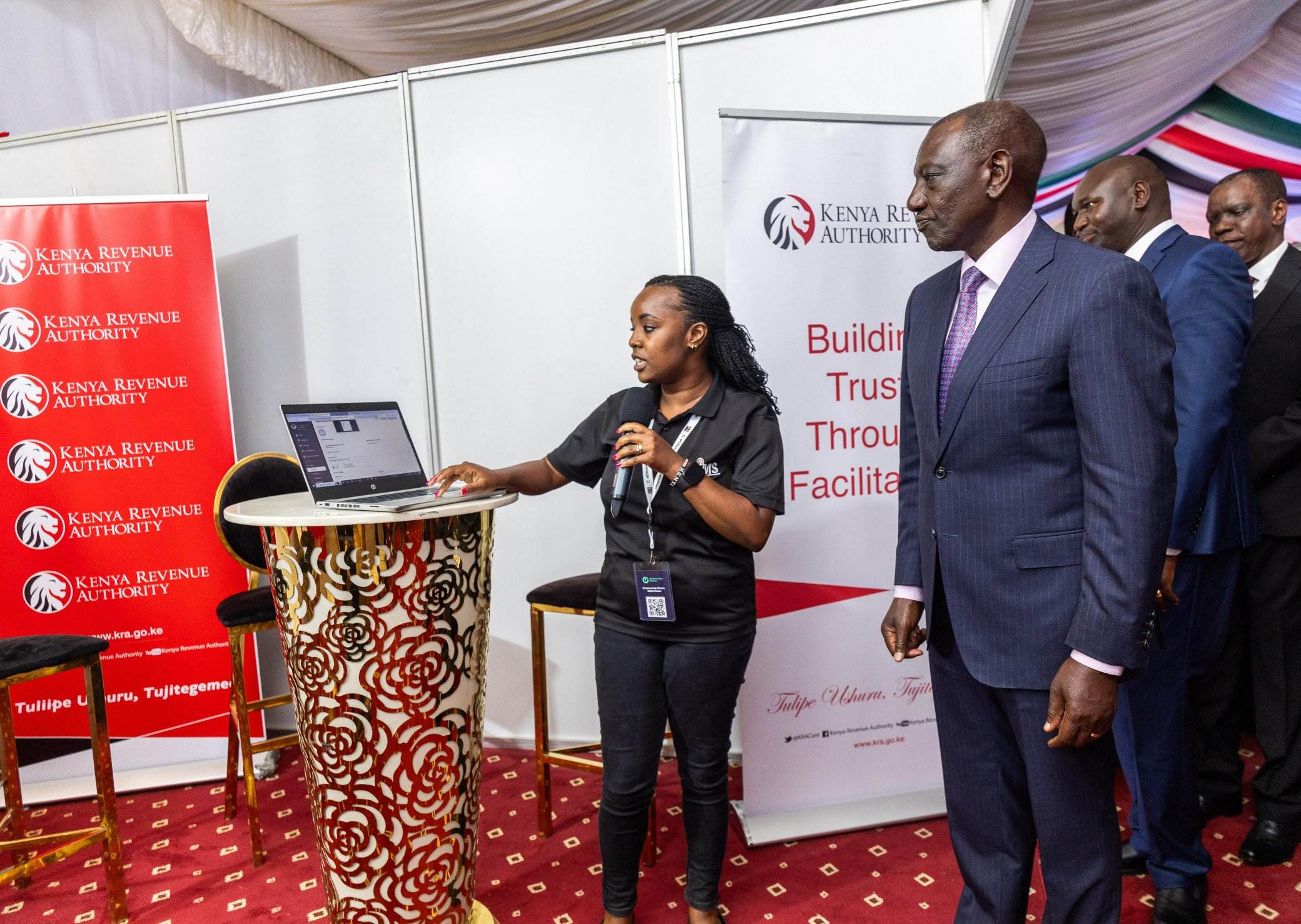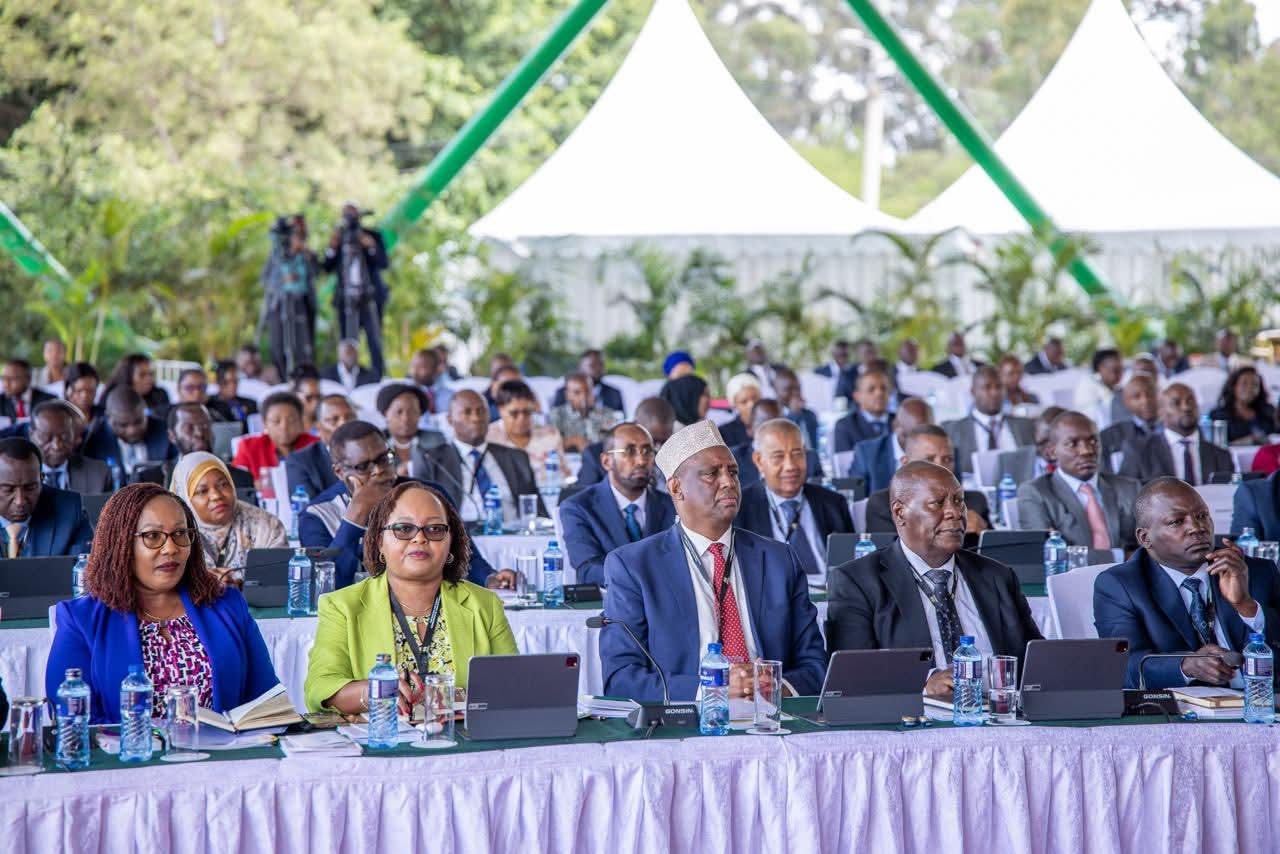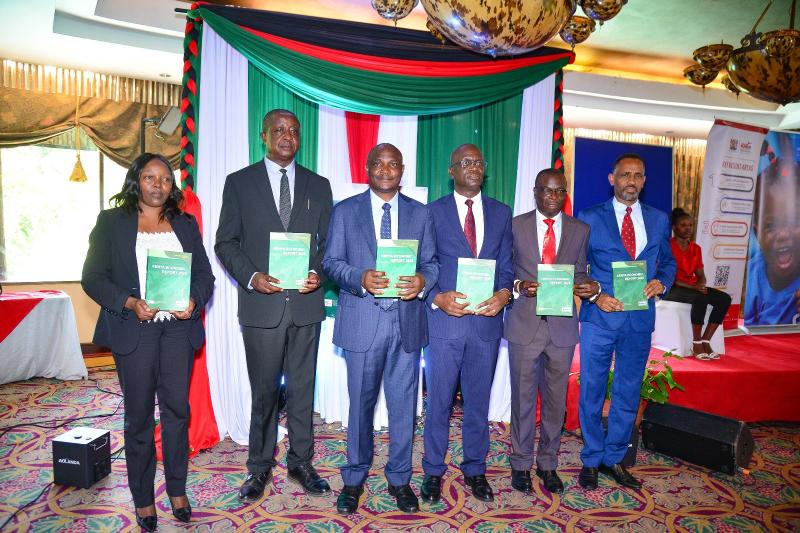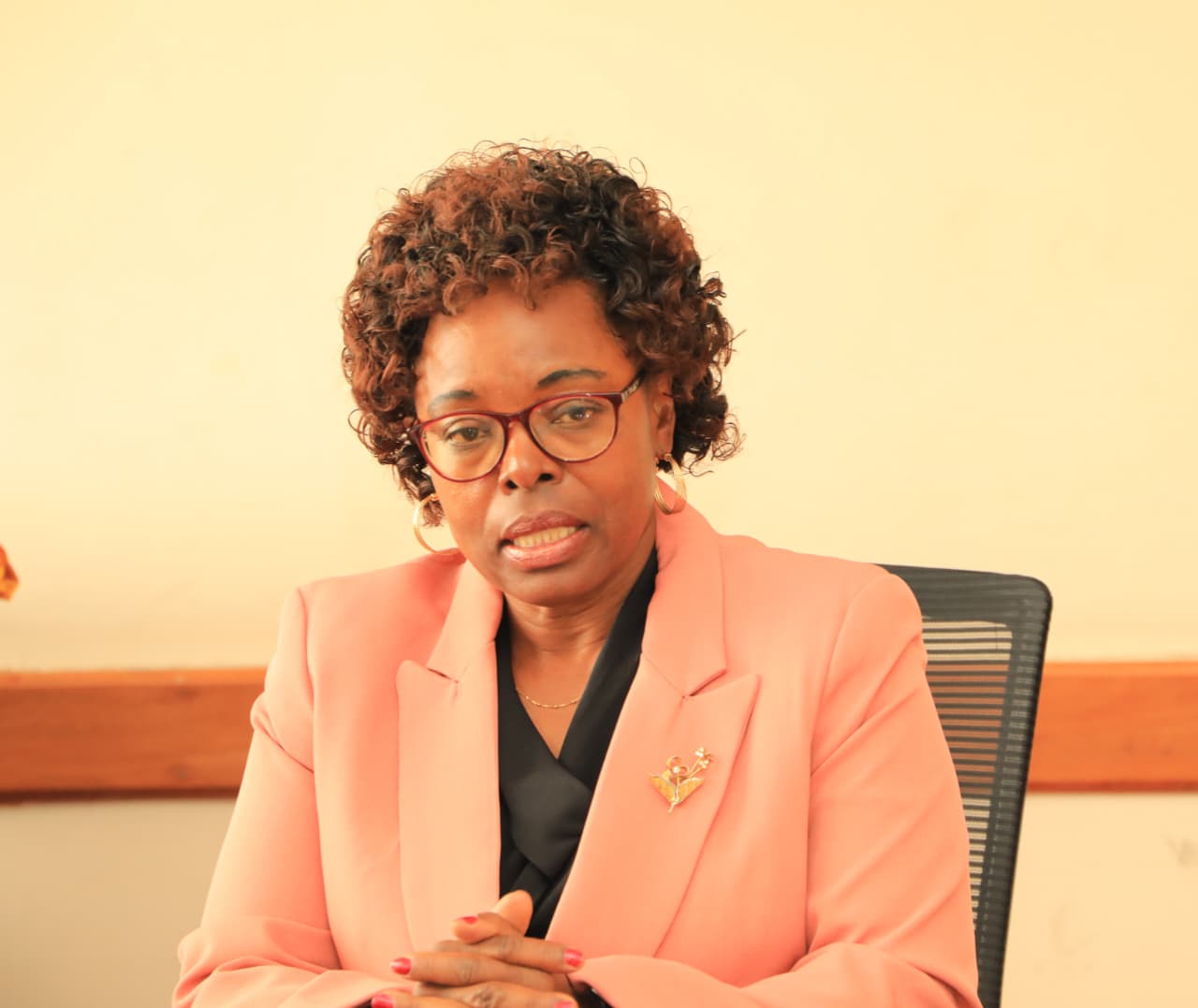State agencies unable to account for Sh144 million in e-Citizen collections, says Auditor General

The Ministry of Lands collected Sh7.237 billion through e-Citizen but only had an actual balance of Sh7.1 billion at the end of the year, creating a shortfall of over Sh138 million.
At least Sh144 million collected through the e-Citizen platform by various government agencies cannot be accounted for, raising concerns over possible embezzlement amid the shift to digital services.
Auditor-General Nancy Gathungu has raised alarm over discrepancies in the balances recorded by several ministries, departments, and agencies (MDAs) for the year ending June 2024.
More To Read
- Only two of 63 performance audits discussed by MPs since 2012 - Auditor General
- Counties exposed as Auditor General flags major in emergency preparedness
- Kenyans can now gain access to over 22,500 government services on eCitizen platform
- State agencies, counties owe Kenya Power Sh4.67 billion in unpaid bills - Auditor General
- Top schools flagged for illegal fees and uniform procurement in Auditor General’s report
- AG advises Treasury CS to halt Sh50 e-Citizen convenience fee following High Court order
Her report highlights differences between revenue statements, digital receipts from the e-Citizen platform, and actual balances.
"Review of the e-citizen revenue accountability platform and the revenue statements revealed variances between balances reflected in the revenue statements, e-portal system and the ledger," Gathungu said in the latest national government audit report.
The Ministry of Lands, led by Cabinet Secretary Alice Wahome, recorded the largest discrepancy.
The ministry collected Sh7.237 billion through e-Citizen but only had an actual balance of Sh7.1 billion at the end of the year, creating a shortfall of over Sh138 million.
Additionally, its financial statements reported Sh7.239 billion more than both the e-portal collections and the actual balance raising concerns about possible overstatement.
The Ministry of Lands offers 17 services through e-Citizen, including registration of architects and surveyors, title deed searches and transfers, and construction permits.
Business Registration Services, which provides 13 services through the platform, also reported inconsistencies.
While system receipts indicated a collection of Sh1.18 billion, the actual balance stood at Sh1.176 billion, reflecting a Sh4.2 million shortfall.
These revelations come as the government intensifies efforts to digitise services under the Kenya Kwanza administration's priorities.
By June 2024, the number of government services available on e-Citizen had grown by 5,084, bringing the total to 17,692.
Ownership row
Members of Parliament were shocked to learn last week that a private company still operates the e-Citizen platform, which hosts over 16,000 government services, two years after the State won a court case over its ownership.
During a session before the National Assembly Committee on Finance and Planning, National Treasury officials were asked to explain why the platform remains under private management and whether the ministry tracks how funds are spent.
Bernard Ndung'u, the Director General of Accounting Services at the National Treasury, said the company continues to run the system while the government works on setting up its own.
"The vendors handed over the system to the government after the court case, but they have been retained on contract to continue offering services while the government sets up its system," Ndung'u stated.
He assured lawmakers that no funds are lost, as all money collected through the platform goes directly into government accounts.
As of October 2024, Treasury CS John Mbadi told the Senate that the platform handled about 120,000 transactions daily and collected Sh100.8 billion in the Financial Year 2023-2024.
Committee chairman Kuria Kimani questioned why the government had yet to establish its system years after gaining control. Turkana South MP John Ariko also pressed for details of the contract between the government and the private company.
In response, Ndung'u explained that payments to the vendor are based on milestones.
"The convenience fee now goes to the government, which then uses it to service the contract," he noted.
MPs also raised concerns about why the Department of Immigration, rather than the National Treasury, is the custodian of the agreement, given that the Treasury is responsible for revenue collection.
Ndung'u said the Treasury has a dedicated unit that monitors all transactions on the platform.
Following the meeting, MPs directed the Treasury to present contract details next week.
The issue was first highlighted by the Auditor General last year, who warned that the government has little control over the system and relies on private vendors for essential functions.
"The lack of full control of the system exposes the government to the risk of revenue leakage, lack of full accountability, system unavailability or downtime, security vulnerabilities, and threats including lack of business continuity," Gathungu stated in an audit report.
Top Stories Today













































